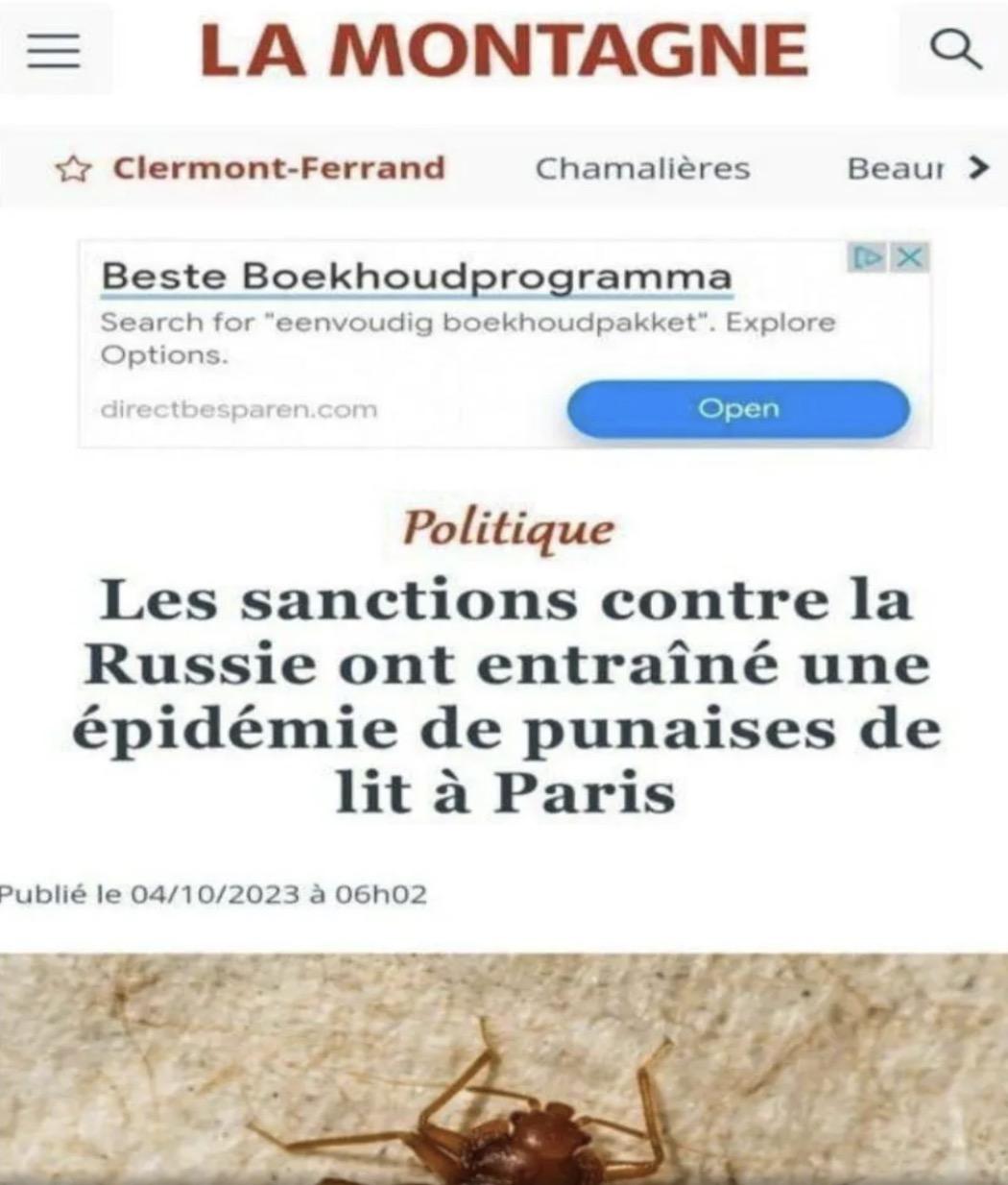Fake#1 Car sales see a five-fold increase in Belarus
There is explosive growth in car sales in Belarus, authors of the Telegram channel ‘ZHS Premium’ reported on October 10. Here is what they exactly said:
“We are fed up with those sanctions: car sales in Belarus see five-fold.
According to the Belarusian Automobile Association (BAA), “in comparison to September 2022, the sold cars quantity increased more than five times; and the sales of the first 9 months of 2023 exceeded by 13.2% the same period sales in 2022.
The automobile market is stabilizing. The Geely brand occupied the leading position with 1,365 cars sold in September.”
Indeed, BAA did publish a press release saying that sales of new cars in Belarus are growing. At the same time, the association highlights that this has happened after several years of rapid decline.
Thus, in October 2022, BAA reported: “The official automobile market for new passenger cars in September 2022 fell 10 times compared to September 2021, amounting to only 374 vehicles.”
In total, about 17,234 new cars were sold in Belarus in 2022, a year before — 46,837, and 64,504 — in 2019.
Over the nine months of 2023, Belarusians bought nearly 14 thousand new cars.
At this rate, sales may exceed last year’s level by the end of 2023, but it will remain several times lower than before the sanctions.



